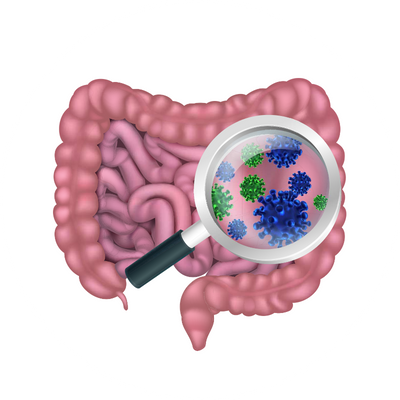Understanding GUT
The collection of bacteria, archaea and eukarya colonising the GI tract is termed the ‘gut microbiota’ and has co-evolved with the host over thousands of years to form an intricate and mutually beneficial relationship. The number of microorganisms inhabiting the GI tract has been estimated to exceed 1014, which encompasses ∼10 times more bacterial cells than the number of human cells and over 100 times the amount of genomic content (microbiome) as the human genome.

